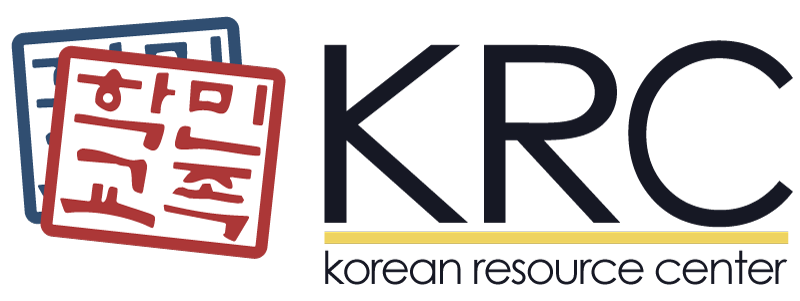The Complexities of the American Dream in a U.S. that Upholds Capitalism and Oligarchs Over Human Lives
Written By Ruth Velazquez / VFT 2021
Living in a country that holds capitalism in the highest regard comes at the cost of working and low-income families’ livelihood and peace of mind. Capitalism is ideally an economic system that allows everyone to thrive through the free market, but it fails to consider that there are people who are born into wealth and granted easier access to higher education, inherently creating social and economic disparities. Disproportionately, people of color (POC) are often left with no resources to reach their white counterparts’ level of success. The effects of capitalism extend to the deaths of many poor POC, which is primarily seen through the disproportionate deaths among Black and Latine communities as the rise of the COVID-19 pandemic evolves. It is evident that while we live under a capitalist-driven society, the economy will be prioritized over human lives. We have primarily seen the aforementioned through the heart-wrenching increase in death tolls among “essential workers'' who should be getting paid leave instead of exposing themselves to COVID-19 so as to make a living. The lack of mobilization from our government for economic relief for all families is a hard reminder that our democratic government does not in fact work for the people, but the other way around.
The American Dream is often misleading as it does not consider that the U.S. is synonymous with institutional racism, xenophobia, and oligarchy. It fails to acknowledge the increasing homeless, hungry, and susceptible populations in this country. It may be tempting to attribute the idea that the American Dream is not equitable by attacking a person’s ability to “pull themselves up by their bootstraps'' to laziness or lack of motivation, but in doing so one disregards the diversity that encompasses the U.S. The idea that everyone has the innate ability to attain the American Dream disregards the lives of Blacks, AAPI, Latine, LGBTQ+, disabled people, the elderly, undocumented immigrants, and virtually anyone who is antagonized by systems of oppression and dehumanization for the benefit of white supremacy.
In a country that is masked in the ideals of democracy, equality, and freedom for all, there is still much left to be done to truly embody these ideals. While many immigrants bring with them the skills and human capital to keep this capitalist society moving forward, it is now time to recognize that there are disparities that need to be addressed. We can address these disparities by allowing a safe and reasonable pathway for citizenship for all immigrants who have remade their lives in the U.S. The #citizenship4all campaign ensures that those most susceptible to ostracization are granted equity to make a livable wage in a country that promises those most vulnerable a safe haven. It is not uncommon to witness the white savior complex playout oversees or even in our immediate neighboring countries, but it is time to bring that same energy to the people who currently reside in the U.S. Bring that energy to the neighbor across the street and to our coworkers who have to live in the shadows for fear of returning to a hostile country or to a country they were born into but have never lived in. You have a lot more power than you imagine; vote for those who can’t, pressure your representatives and Senators to keep their promises, educate yourself on the political upheavals around the world, and be willing to learn and accept diversity in all facets of life, i.e., in art and entertainment, workforce, academia, and most of all in your communities.
As an undocumented woman in this country, pursuing a career has been daunting to say the least—especially when my life, like many other undocumented folks, is not humanized. A reasonable pathway to citizenship ensures that my experiences as a first-generation undocumented immigrant are visualized in a system that strives to diminish them. It took me 22 years to realize that fear only added to my suppression, that visibility is essential in the fight for equity. Non-profits like the Korean Resource Center are meant to allow undocumented folks and allies to visualize the voices of those who have been ignored for centuries. It’s important to ensure that the undocumented community, predominantly our youth, knows that their experiences, good and bad, are part of being human. That there is no reason to hide in the shadows but rather continue the fight for justice amidst our dehumanization. We too belong.
